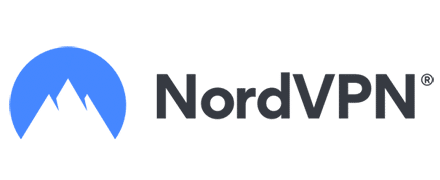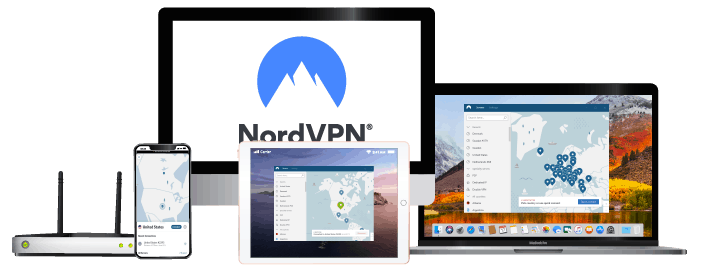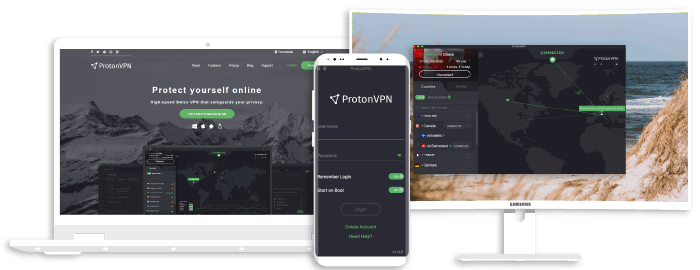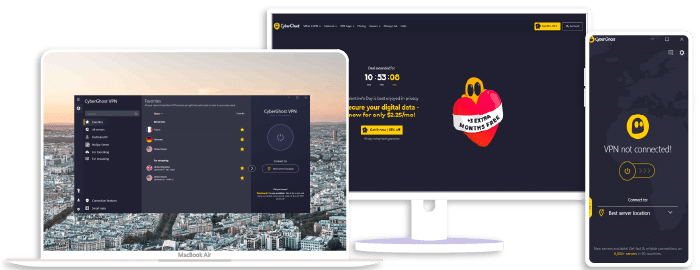What’s Involved in VPN Maintenance and Management?
VPN maintenance and management isn’t a walk in the park. It requires constant attention, regular updates, and a keen eye for potential threats. In my experience dealing with various VPN services like ExpressVPN, NordVPN, and SurfShark, I’ve come to understand that it’s not just about setting things up and walking away.
The process starts with continually monitoring your network for anomalies or security breaches. This can be especially challenging given the vastness of many business networks today. After all, we’re living in an era where remote work is becoming more common, which makes maintaining a secure virtual private network even more crucial.
Next up is software upgrades, a task that’s essential to keep your VPN running smoothly. Regularly updating your VPN software helps ensure you’ve got the latest security patches in place to protect against evolving cybersecurity threats. Services like ExpressVPN, NordVPN and SurfShark are known for their frequent updates which help maintain optimal performance while keeping security tight.
ExpressVPN
Overall score: 9.8
- 3,200 servers across 105 countries
- Works with streaming platforms
- AES 256-bit encryption
- Supports private protocol, Lightway
- Money-back guarantee
30-day money-back guarantee
NordVPN
Overall score: 9.6
- 8,700+ servers available in 129 countries
- Connect up to 10 devices simultaneously
- Great security features
- Verified no-logs policy
- Unblocks streaming platforms
30-day money-back guarantee
Surfshark
Overall score: 9.5
- 4,500+ servers in 100+ countries
- Allows unlimited simultaneous connections
- Integrates stealth mode
- Multihop feature available
- Webcam protection from unauthorized apps
30-day money-back guarantee
Proton VPN
Overall score: 9.4
- 17,250+ servers in 125 countries
- Free version available
- Strong security features
- Reliable no-logs policy
- Allows Perfect Forward Secrecy
30-Day Money-Back Guarantee
CyberGhost
Overall score: 9
- 9,300+ reliable servers in 100 countries
- 45-day money-back guarantee
- Strict no-log policy
- Tough security features
45-Day Money-Back Guarantee
Understanding the Basics of VPN Maintenance
When talking about VPNs, names like ExpressVPN, NordVPN, and Surfshark likely come to mind. These popular VPN service providers are known for their reliability and security. But have you ever wondered what’s involved in maintaining these services? Let’s delve into it.
First off, a key aspect of VPN maintenance is monitoring server performance. A well-functioning VPN should provide high-speed connectivity with minimal downtime. To achieve this, I constantly check the load on servers to ensure they’re not overwhelmed by user traffic. If a server becomes overloaded, it can slow down connection speeds or even cause the service to crash – something we all want to avoid.
Another crucial part of maintaining a VPN is updating its software regularly. Much like other types of technology, keeping your software up-to-date helps mitigate potential security risks and ensures optimal performance. When using providers such as ExpressVPN or NordVPN, for example, users receive regular updates that enhance security protocols and introduce new features.
Security audits also play an essential role in managing a VPN service like Surfshark. Regularly scheduled audits help identify any vulnerabilities in the system before they become major issues. This proactive approach allows me to address potential threats quickly and maintain the highest level of security for users.
Let’s look at some data:
| Task | Frequency |
|---|---|
| Server Monitoring | Continuous |
| Software Updates | Monthly |
| Security Audits | Annually |
Maintaining customer support lines is another important factor to consider when discussing VPN management tasks. Users may encounter issues or have questions about their service from time to time – that’s where efficient customer support comes in handy! It’s my job to ensure there are adequate resources available 24/7, so users can get help whenever they need it.
Lastly, but importantly, I’m always exploring opportunities for expansion as part of my maintenance efforts – be it adding more servers worldwide or introducing innovative features that improve usability and enhance online privacy protection.
In short,
- Regularly checking server loads
- Updating software frequently
- Conducting annual security audits
- Providing continuous customer support
- Looking for expansion opportunities
are just some of the aspects I focus on while performing my duties as a professional dealing with the maintenance and management of Virtual Private Networks (VPNs).
Key Factors in Effective VPN Management
Virtual Private Networks, or VPNs for short, have become a crucial part of today’s digital landscape. They provide secure and encrypted connections between devices and networks over the internet. But managing these systems requires knowledge, expertise, and a lot of patience. Let me walk you through some key factors involved in effective VPN management.
First off, it’s essential to monitor your VPN performance regularly. This includes keeping an eye on connection speeds, checking for any data leaks, and ensuring that all devices are connecting securely. Several top-tier services like ExpressVPN, NordVPN, and Surfshark offer built-in features for this purpose.
Another critical factor is keeping the software updated. Outdated software can be prone to security vulnerabilities which can compromise the safety of your network. Most leading providers offer automatic updates, but it’s always good practice to manually check for updates from time to time.
One more thing that I find particularly important is managing user access rights effectively. Not everyone within your organization needs access to all resources available via your VPN. It’s best practice to assign users with only the necessary permissions required for their role.
Now let’s talk about hardware: Maintaining optimal hardware health is vital as well! Regularly auditing your hardware, whether it’s routers or dedicated VPN servers, helps prevent unforeseen system breakdowns.
And finally we come down to one of the most overlooked areas – having a solid disaster recovery plan in place just in case things go south. If there ever comes a time when a significant issue arises with your VPN setup (hopefully not), you’ll want a backup plan ready at hand!
Here’s a simple table summarizing these key points:
| Factor | Description |
|---|---|
| Monitor Performance | Check connection speeds and detect any data leaks |
| Update Software | Keep software up-to-date to avoid potential security issues |
| Manage User Access Rights | Assign only necessary permissions based on user roles |
| Maintain Hardware Health | Regular audits will help prevent system breakdowns |
| Disaster Recovery Plan | Have backups ready if major problems arise |
So next time you’re working on managing your ExpressVPN, NordVPN or Surfshark systems (or any other brands), remember these crucial aspects:
- Contrôler les performances
- Mise à jour du logiciel
- Gérer les droits d’accès des utilisateurs
- Maintenir la santé du matériel
- Implement A Disaster Recovery Plan
Doing so will ensure that you’ve got an efficient and secure network at all times!
Conclusion: Streamlining Your VPN Maintenance and Management
It’s no secret that maintaining and managing a Virtual Private Network (VPN) can be quite the task. However, with careful planning and an understanding of the key elements involved, it’s possible to streamline this process. These essential components include software updates, server management, user access control, performance monitoring, and security audits.
First off, let me mention ExpressVPN. It’s one of the leading VPN services I’ve worked with over the years when it comes to ease of maintenance and management. They handle most of their server administration in-house, so you don’t need to worry about that aspect.
Updating your VPN client is paramount in ensuring optimal functionality. This keeps your system secure from any potential vulnerabilities while also incorporating new features for enhanced usability. For instance, NordVPN regularly rolls out updates packed with improvements not only on speed but also on overall security features.
Server management involves monitoring server loads and expanding capacity as necessary to prevent network congestion. A well-managed VPN like Surfshark does this admirably by scaling resources based on user load, hence guaranteeing reliable connection speeds at all times.
User access control is another crucial aspect, where you determine who gets access to what within your network. A clear policy helps prevent unauthorized access or misuse of sensitive data within your organization.
Performance monitoring is equally important because it allows you to ensure that your VPN operates efficiently without disrupting business operations due to slow connections or downtime.
Finally, yet importantly, there are regular security audits which involve checking for vulnerabilities such as potential leakages which could compromise user privacy. By addressing these issues promptly, you can maintain trust among users while protecting valuable data from threats.
In essence, streamlining your VPN maintenance involves a combination of routine checks coupled with strategic actions aimed at enhancing efficiency while upholding top-tier security standards – much like what we see with popular solutions like ExpressVPN, NordVPN or Surfshark.
Join the TechRobot Newsletter
Actionable tips on online security, the best VPNs, unblocking guides, and special offers — straight to your inbox.









